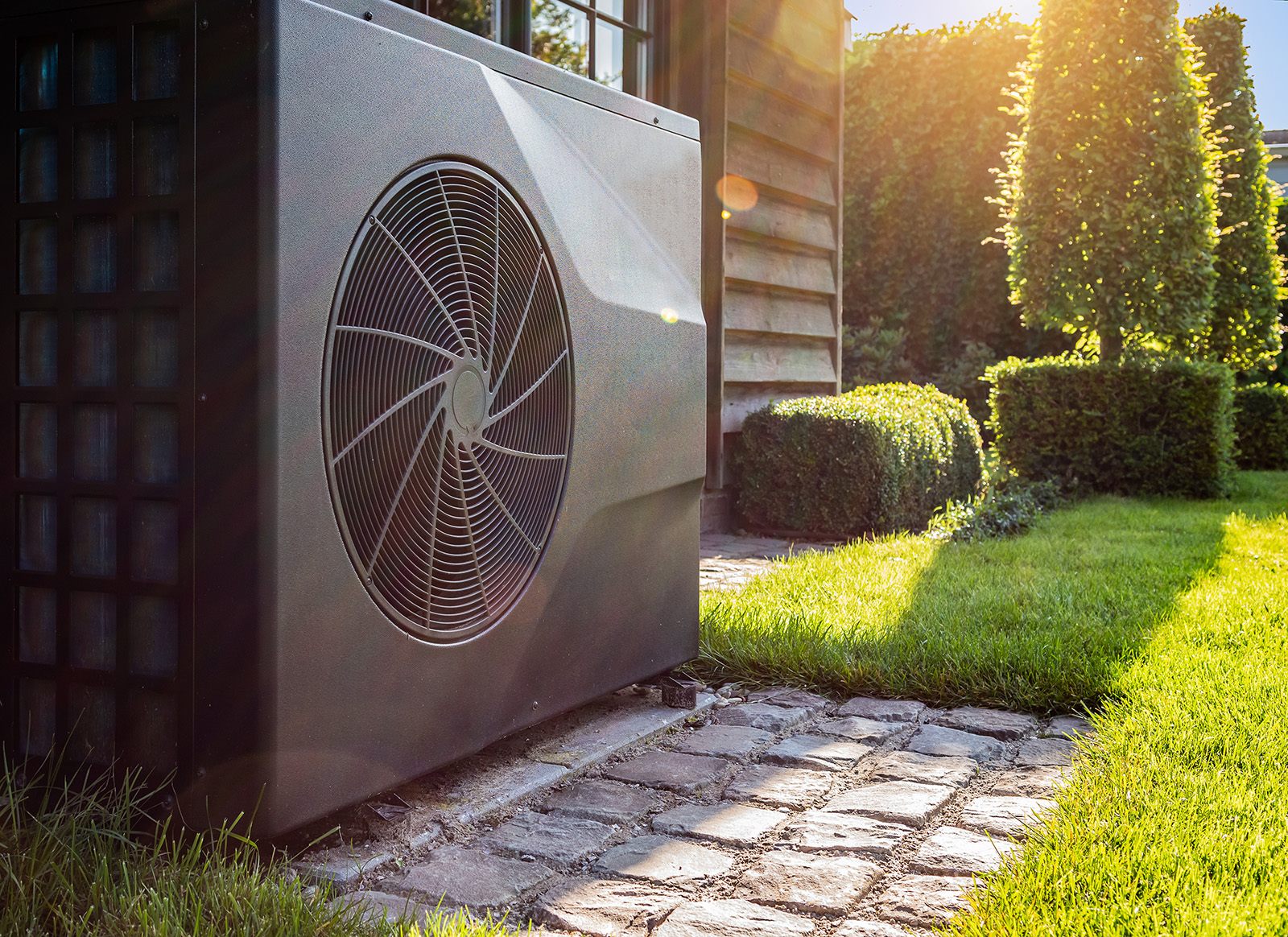What is a Heat Pump? A Comprehensive Guide to Understanding This Efficient Heating and Cooling Solution
A heat pump might offer solutions for those worried about climate change and energy efficiency. This technology has been gaining popularity in recent years because it can provide heating and cooling while minimizing its carbon footprint. We will look at heat pumps, exploring what they are, how they work, and the benefits they offer.
What is a Heat Pump?
A heat pump is a device that uses refrigeration to transfer heat from one location to another. Unlike traditional heating systems that generate heat through combustion, they do not burn fuel to produce heat. Instead, they extract heat from the air, ground, or water and transfer it to a building or home. This process can be reversed to provide cooling in the summer months.
How Does a Heat Pump Work?
The basic principle of a heat pump is simple. It consists of four main components: a compressor, a condenser coil, an evaporator coil, and a reversing valve. Here’s how it works:
- Evaporation: In the winter, the evaporator coil absorbs heat from the outside air and transfers it to the refrigerant inside the system.
- Compression: The compressor then compresses the refrigerant, which raises its temperature and pressure.
- Condensation: The hot refrigerant is pumped into the condenser coil, releasing its heat into the outside air.
- Expansion: The refrigerant is then cooled and expanded by the expansion valve, which reduces its temperature and pressure.
- Reversal: In the summer, the reversing valve reverses the flow of the refrigerant, allowing the heat pump to provide cooling instead of heating.

Types of Heat Pumps
Several types of heat pumps are available, each with unique characteristics and advantages. Some of the most common types include:
- Air-source: These are the most common types of heat pumps, and they work by extracting heat from the outside air.
- Ground-source: These extract heat from the ground, a more consistent and reliable heat source.
- Water-source: These extract heat from a body of water, such as a lake or ocean.
- Hybrid: These combine different heat pumps, such as air-source and ground-source, to provide a more efficient and reliable heating and cooling solution.
Benefits of Heat Pumps?
Heat pumps offer a range of benefits, making them an attractive option for homeowners and businesses. Some of the most significant advantages include:
- Energy efficiency: They are significantly more energy-efficient than traditional heating systems, using up to 50% less energy to provide the same heat.
- Cost savings: They can save homeowners and businesses money on their energy bills, with some estimates suggesting that they can reduce energy costs by up to 30%.
- Environmental benefits: They are a more environmentally friendly option than traditional heating systems, producing no emissions or pollution.
- Reliability: They are designed to provide reliable and consistent heating and cooling, with few moving parts and minimal maintenance required.
- Flexibility: They can be used in various applications, from residential homes to commercial buildings and industrial facilities.
Challenges and Limitations
While heat pumps offer many benefits, they are not without their challenges and limitations. Some of the most significant drawbacks include:
- High upfront costs: They can be more expensive to install than traditional heating systems, although their energy efficiency and cost savings can compensate for this over time.
- Limited availability: They may not be suitable for all climates or regions, particularly those with extremely cold winters or hot summers.
- Noise: Some can be noisy, particularly during defrosting.
- Maintenance: While they require minimal maintenance, they must be regularly serviced to ensure optimal performance.
A heat pump is a highly efficient and effective way of heating and cooling in various applications. Its ability to transfer heat from one location to another offers a range of benefits that make it an attractive option for homeowners and businesses alike. While there are some challenges and limitations, their advantages make them a valuable addition to any heating and cooling system.

